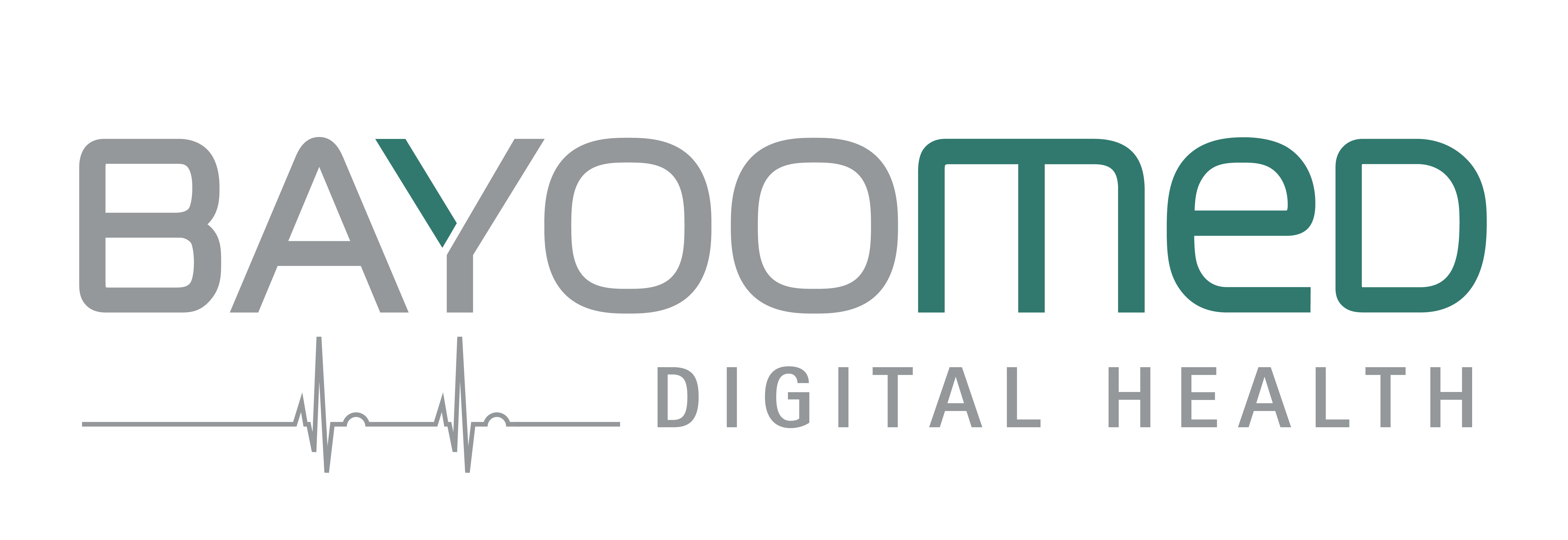In the world of information technology, principles and methods form the backbone of any efficient operating system. At the same time, they also play a crucial role in adult education, an area that can be seen as the operating system for lifelong learning.
Just as a well-developed operating system fulfills the diverse requirements of a computer system, principles and methods must also be created in adult education that meet individual needs and learning styles.
In this blog post, we will look at the fundamental principles and best practices in adult learning to illustrate the importance and use of these principles. Because just as a robust operating system enhances the functionality of a computer, clear principles and effective methods can improve the learning experience and promote the development of learners. Let’s dive into the world of adult education and discover how these principles and methods, like a well-designed operating system, can unleash the potential of learners.
Expanding existing knowledge and personal development
Lifelong learning and needs orientation as key functions for acquiring new skills, expanding existing knowledge and developing personally – Adult education should always be geared towards the individual needs, interests and goals of the learners. Furthermore, active learner participation should be encouraged. This means that they can participate in the learning process in a self-determined and independent manner. The participation of learners in the selection of content, methods and objectives is an important aspect.
Adults already bring a wealth of experience and knowledge with them. Adult education should build on this and aim to integrate existing experience into the learning process. Experience-based learning enables a practical approach in which learning content is directly related to the life and work situation of the learner. However, nowadays very few people have the time to attend a full-time training course for several days, which is why flexibility and accessibility to training content are of fundamental importance. As described in our blog post Sustainable employee training – professional competence and on-the-job training our customized training concept addresses precisely these needs. But enough theory and let’s move on to concrete impulses.

Training on a specific project
Our motto “Training on a concrete project” enables problem-oriented learning based on context-specific projects and case studies. The participants work together with the trainers to develop theoretical content and apply it in group work on a specific practical project. Joint reflection and discussion of the results fulfills the approach of active learning in the peer learning model. We are not a fan of frontal sound reinforcement and prefer to use a combination of different media. Of course, we also use PowerPoint slides, but not only, because we design context-specific learning platforms such as Moodle and still work with analog methods such as flipcharts and metaplan boards when we are present.
This promotes concentration and, above all, motivation to stay on the ball. Accompanying practical coaching after the training provides individual support from experienced specialists or experts. Mentors or coaches offer guidance, feedback and targeted support for personal and professional development. Through the learning platform, trainees have flexible access to teaching and coaching materials and can exchange ideas with like-minded people and trainers in forums at any time.

